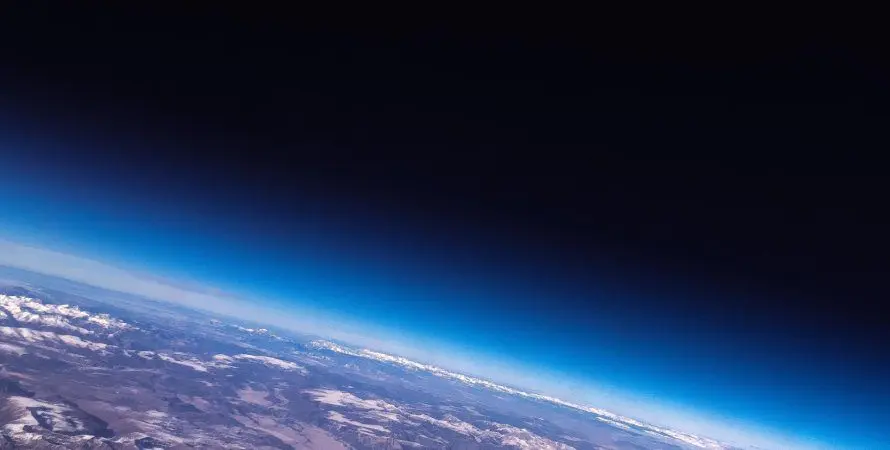The atmosphere is not only one of the most important sources for the existence of life, but also protects people from the harmful effects of space.
The atmosphere is a mixture of gases that surround our planet. We also call it air. Gases in the atmosphere include nitrogen, oxygen and carbon dioxide. Together with water vapor, the atmosphere allows organisms to support life, writes Science Focus.
But what if the atmosphere suddenly disappears?
If someone sucked out the entire atmosphere, most higher vertebrates (including humans) would suffocate in a matter of seconds. Other land animals will follow them in a few minutes, plants in a few hours.
Meanwhile, a sudden drop in pressure would have a curious effect on the seas. At normal atmospheric temperatures, the absence of pressure would allow the fastest moving molecules to volatilize as a gas (boil). However, as this process continues, only the slowest molecules will remain, so the rest of the water will freeze very quickly.
Sea levels will drop significantly, but there will still be dissolved oxygen in the remaining water, so marine life, in particular deep sea organisms, can survive longer.
But in the absence of new oxygen dissolving in the atmosphere, the amount of water will steadily decrease as dead organisms begin to sink to the bottom. It will take 500 years to completely deplete the deepest ocean.
Among the creatures that can survive will be anaerobic and chemosynthetic bacteria (chemolithoautotrophs) that live around the sulfur sources on the seabed. Volcanoes will continue to pump carbon dioxide into the atmosphere.
Nevertheless, after about one and a half billion years, the action of bacteria and algae in shallow water may eventually replace the atmosphere.






